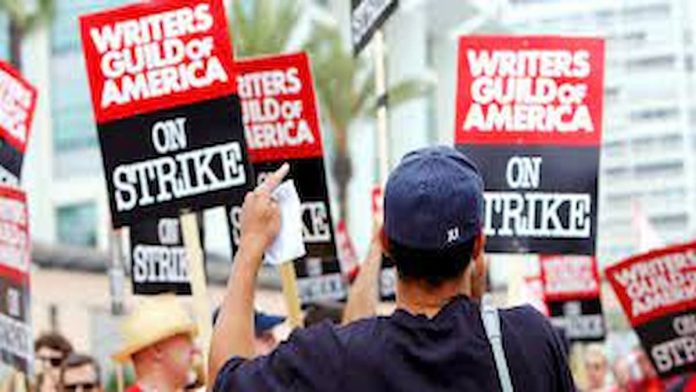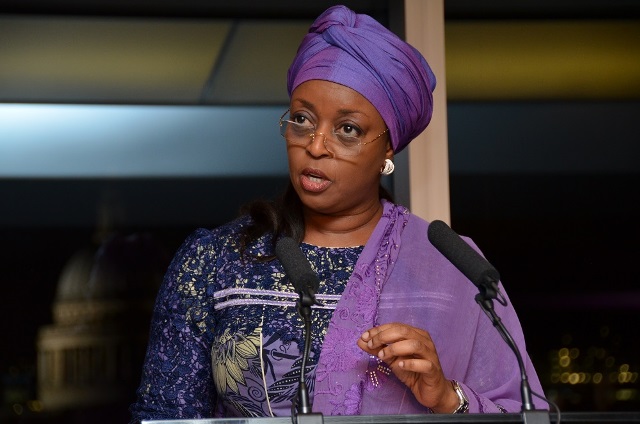On Tuesday, April 11th, the Writers Guild of America (WGA) voted on whether to authorize a strike or not.
If it succeeds, which is anticipated, it will enable management to declare a strike in the event that the Guild and the Alliance of Motion Pictures and Television Producers cannot agree on a new contract by May 1.
The WGA leadership stated in a message to members prior to the vote that “the studios need to respond to the crisis writers face.” “By supporting a strike authorization vote, WGA members must show that we are prepared to fight for the rights that contract writers need and deserve.”
Since the start of negotiations on March 20, the two parties have had a few meetings. The WGA is requesting increased pension and health fund contributions, an end to the misuse of “mini-rooms” (smaller numbers of writers in the room), and additional pay and residuals from films playing in theaters or on streaming services.
Voting begins on Tuesday at 8:30 p.m. local time on both the west and east coasts and ends on April 17 at 12 p.m. local time. The results of the vote will be announced afterward.
“Studios have been committing murder undetected, and they are aware of this. Writer for the Showtime series Yellowjackets and WGA member Ashley Lyle said, “I think the money is still there.
However, the AMPTP, which stands for studios and streamers, claimed that writers must now make adjustments because the entertainment business has changed recently.
Before negotiations started, AMPTP stated that its companies would prioritize the long-term stability and health of the industry in all subsequent negotiations. “We are fully committed to reaching a mutually beneficial agreement with each of our bargaining partners. We are all partners in determining the course of our business together. The objective is to maintain production so that we can all continue to work and provide consumers with the best entertainment product on the market.
Amazon, Apple, CBS, Disney, NBCU, Netflix, Paramount Global, Sony, and Warner Bros. Discovery, the parent company of CNN, are all represented by AMPTP.
The WGA claimed that as streaming becomes more popular and receives a larger portion of Hollywood’s income, its writers are being unfairly paid.
According to the report from WGA, “the business has evolved to a streaming-first model, with the legacy film and television markets representing a declining share of total revenue.”
According to the WGA’s message to members, companies have “slashed compensation,” putting the future of the writing industry in jeopardy. As advertising revenue has decreased over the past year and businesses have announced mass layoffs, the media industry is struggling.
Beginning on April 1, the WGA declared a two-week break in negotiations. But a business insider involved in the talks claims that the last Wednesday’s meeting between WGA and AMPTP was their most interesting yet. According to the person with knowledge of the situation, neither side has submitted any counteroffers to the initial proposals. The week of April 17 is expected to see a resumption of negotiations.
The last writers’ strike, which shut down Hollywood production for 100 days in 2007, occurred in 2007.
The industry insider comments on the approaching May 1 deadline, saying, “Three weeks is plenty of time to hammer out a deal, negotiations in 2017 went right down to the wire.”
The first of three contract negotiations with entertainment unions is the WGA-AMPTP negotiation. Prior to their contract expiring on June 30, the Directors Guild of America will begin negotiations on May 10. On June 30, the Screen Actors Guild contract will also be up.













